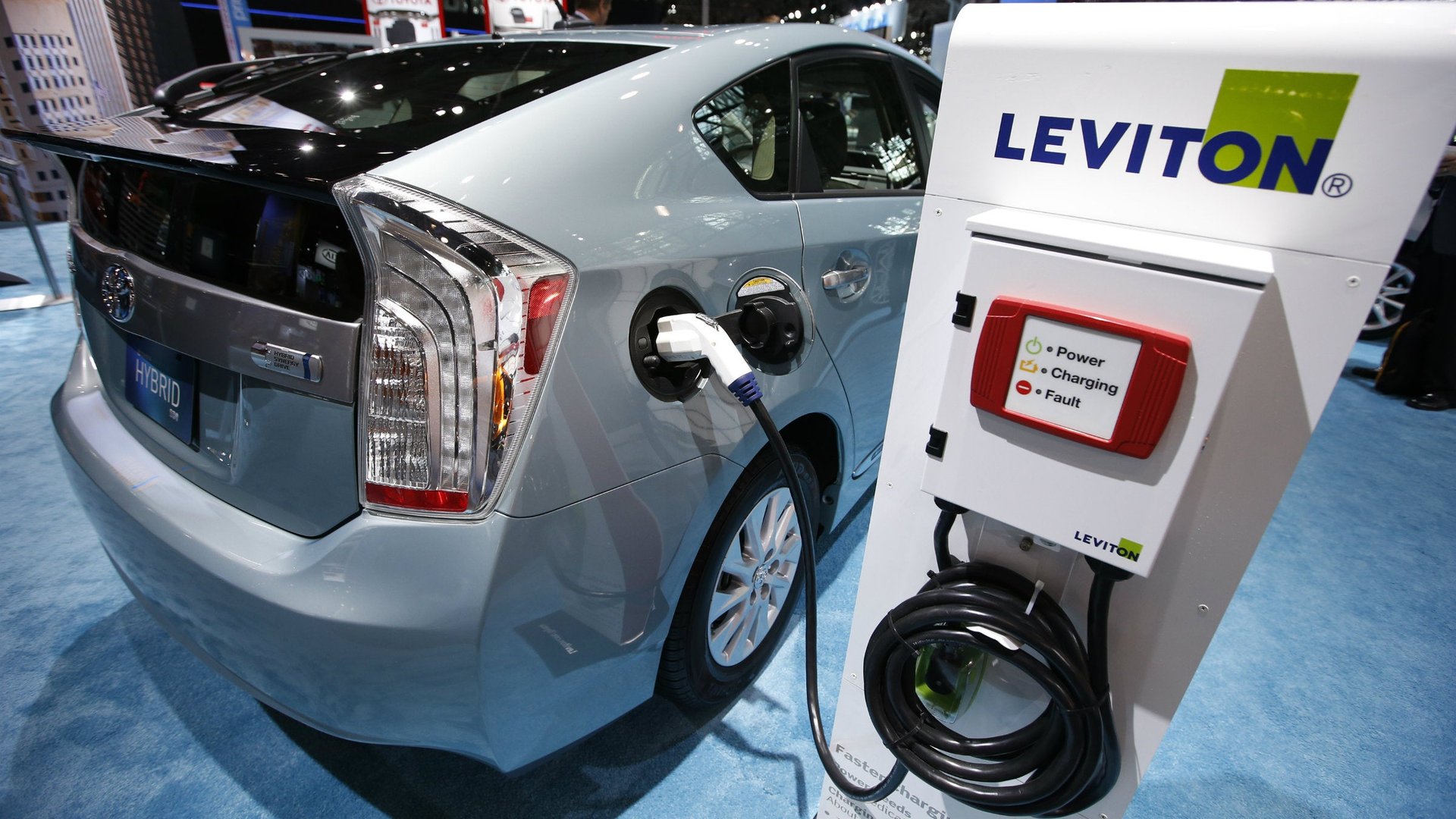After a bad year, a fallen Silicon Valley startup is back to fix its battery
Envia Systems, the once high-flying Silicon Valley lithium-ion battery startup that was engulfed in allegations of product misrepresentation last year, is back with $11.5 million in government grants to try again to make its technology work.


Envia Systems, the once high-flying Silicon Valley lithium-ion battery startup that was engulfed in allegations of product misrepresentation last year, is back with $11.5 million in government grants to try again to make its technology work.
The Newark, CA-based company was a sensation in the battery world in 2012, when it announced a breakthrough: a lithium-ion battery cell that achieved energy density of 400 watt-hours per kilogram, a milestone that, if true, would go far toward making electric cars competitive with conventional vehicles.
In late 2012, the announcement led to a coveted battery supply deal with General Motors to enable an electric car with a 200-mile range. The deal was a coup for both sides because of the rarity of a startup working with an automotive giant, and because, for GM, a 200-mile car would put it ahead of all its competitors.
Just eight months later, GM canceled the contract when it could not replicate Envia’s results, and internal acrimony among senior executives resulted in the departure of the startup’s then-CEO.
Now, a year later Envia has been announced the winner of two grants, including one with GM as a partner, to have another go at the same battery technology: In June, the US Department of Energy said it had awarded Envia a $3.8 million grant to work on the battery, which features a silicon-carbon electrode. And last month, Envia received a second, $7.7 million grant for the same technology from the US Advanced Battery Consortium, a group that includes Ford, GM and Chrysler. The latter grant includes money from the DOE and 50% matching funds from Envia.
The grants are meant to work through a series of problems including voltage fade, a crippling tendency for the battery’s metal oxides to reorder themselves into an entirely different configuration in the charge-discharge cycle. Effectively, GM is giving Envia another chance—but hedging the risk by spreading it among its rivals.
“Envia is back on its feet,” Purnesh Seegopaul, Envia’s CEO, told Quartz. He said the company is no longer focusing only on electric cars, but also on consumer electronics and drones. “We have diversified our markets,” he said. “We are more product-driven. And we are validating our technology before making wild claims.”